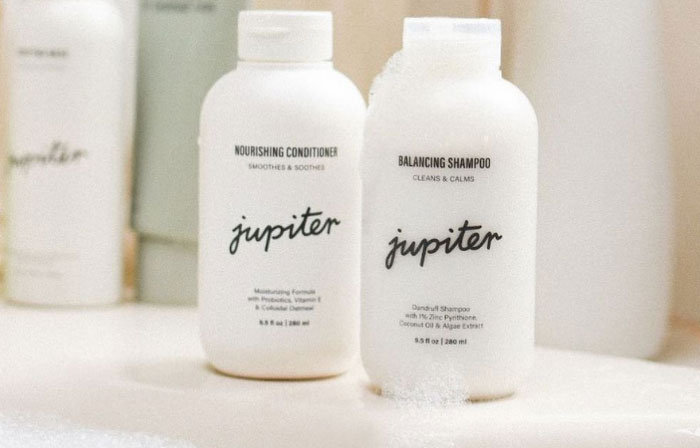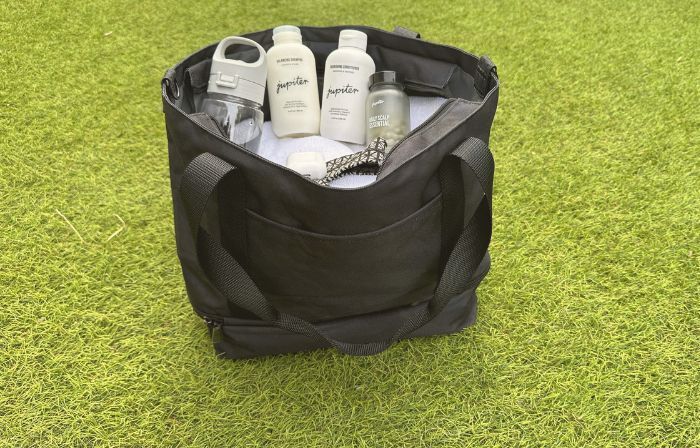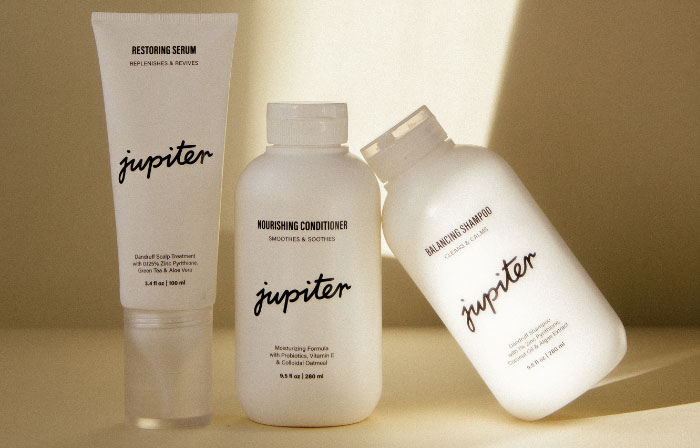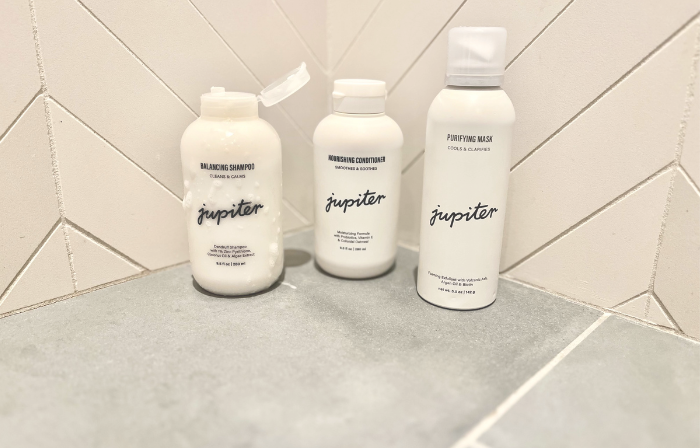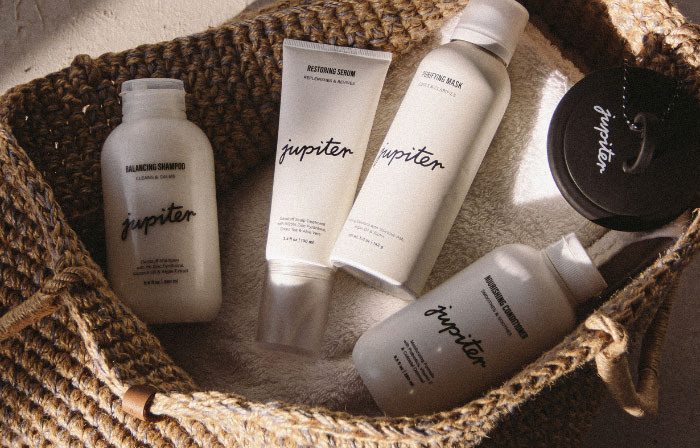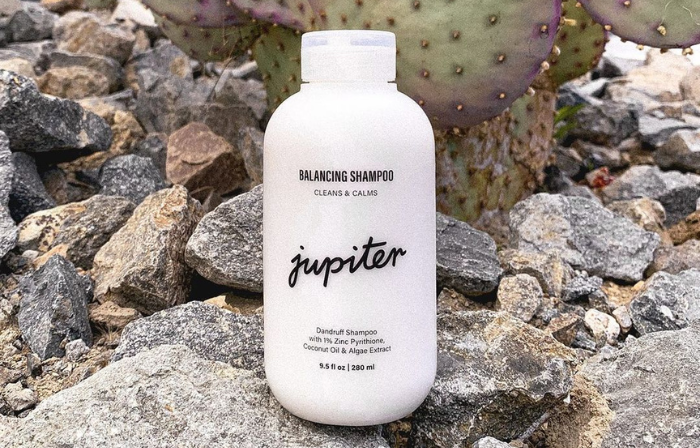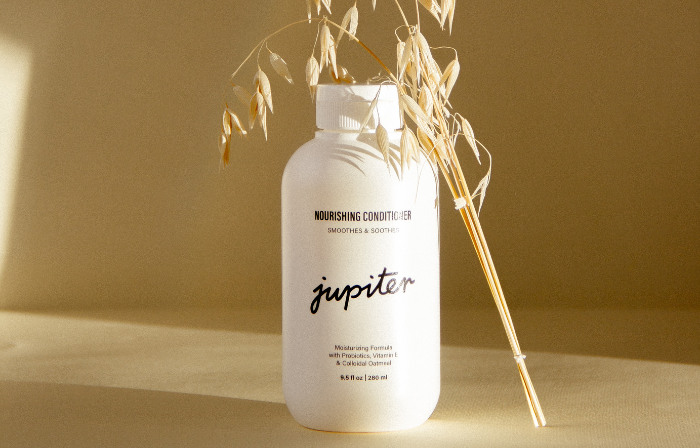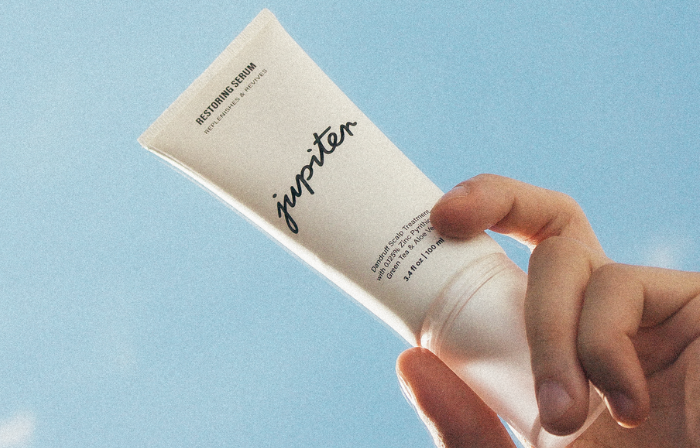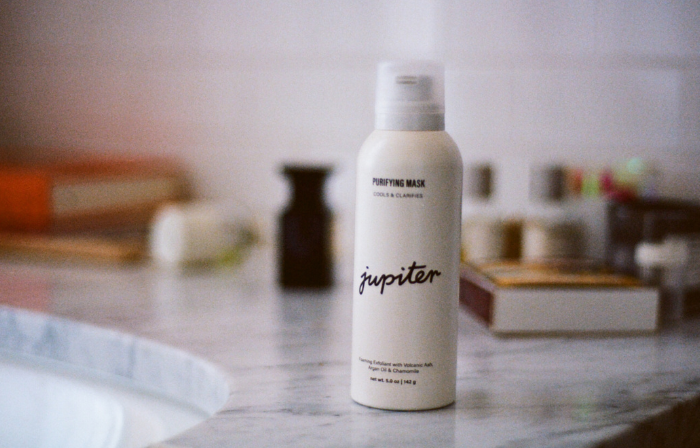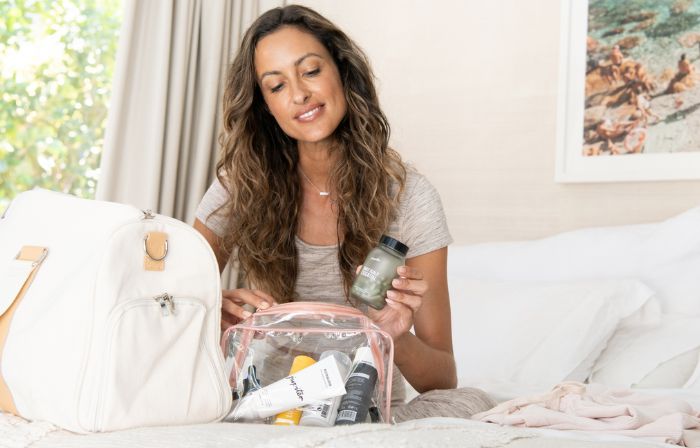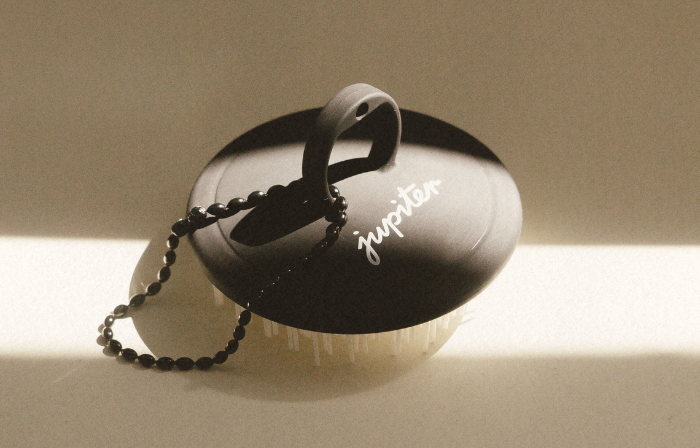Curly hair can be a bit of a double-edged sword. On the one hand, you’re the object of envy for many. Curly hair is gorgeous, beautiful, and eye-catching. On the other hand, it can be a pain in the you-know-what to take care of.
The truth is that curly hair has specific needs, a few of which can be time-consuming. One of the most common issues that curly-haired people deal with is dryness, whether that means dry hair or a dry scalp. If you’ve ever used a pencil or the backside of a comb to itch your scalp, you’ll know what we’re talking about.
But why is it that curly hair tends to be dryer? And what can you do to restore moisture to your locks and scalp? We have lots of answers and advice in this blog post.
Why Is Curly Hair Usually Dry?
One important distinction we’ll make here is between dandruff and dry scalp. If you’re experiencing flaking, is it heavy and oily or light and fluffy? If it’s the former, you’re probably dealing with dandruff, not a dry scalp. Read this for more details on how you can treat those types of flakes here. But if the flaking is due to a dry scalp, read on!
Understanding Curl Patterns
Your hair doesn’t just rely on deep conditioners and masks to get moisturized. There are thousands and thousands of glands on your scalp (900 per square centimeter, to be exact) whose biggest function is to hydrate and protect your skin and hair.
These are called sebaceous glands, and they produce a substance called sebum. Sebum is a natural oil produced all over your skin, but the sebaceous glands are most dense on your chest, on your face, and of course, on your scalp.
Sebum has many uses for your body. As a waxy lipid, it forms a protective barrier on your skin to prevent damage and help facilitate wound healing.
It also helps coat your hair strands, protecting them from damage. For people with straight hair, that’s a, forgive the pun, straightforward process. Sebum can easily move down the hair strand because it only has to move in one direction. It’s why many people with straight hair complain about oiliness.
For people with curly hair, however, it’s more difficult for sebum to move down the hair shaft. And the curlier your hair is, the harder it becomes to move moisture from the scalp to the ends.
The system of measuring curl patterns (1A to 4C) can help you understand why your hair is especially dry. While everyone’s hair and scalp health are different, people with tighter curls generally deal with the most dryness.
Put differently, the curlier your hair is, the more sebum is required to coat it adequately. So yes, curly hair puts you at a higher risk of dry scalp and dry hair.
Lifestyle and Hair Care Choices
But non-genetic factors also apply. From the products you use on your hair and the frequency you use them to the tools you apply to your hair, many of the lifestyle choices you make can contribute to the health of your curls.
The fact is that curls require certain methods for maintenance, and the wider culture of hair care tends to cater to straight hair. Thankfully, that’s starting to change. But we’ll call out a few lifestyle and hair care choices that might be contributing to your dry scalp:
Heat styling
Hair care products with harsh, drying ingredients like sulfates
Overwashing your hair
Lifestyle and nutrition choices, like not drinking enough water or smoking
Which brings us to…
5 Tips for Helping Moisturize Your Curly Hair and Dry Scalp
Let’s look at some ways you can help moisturize your curls and give your scalp the hydration it craves!
1. Switch Up Your Wash Schedule
If you’ve had curly hair for your whole life, you’ll know that figuring out a wash routine is important and, at times, difficult. But it’s one of the best pieces of advice we have for ensuring your hair isn’t being stripped of oil too often.
Try washing your hair less often (if you wash everyday, switch to every other day) to see how your hair responds. We know that might feel a little off, especially if you’re working out or using products, but it can go a long way in protecting your scalp.
The best rule of thumb is to listen to your hair. You’ll probably know when it needs to be washed.
And when it comes to washing days, stick to shampoos that exclude sulfates from their ingredient lists. Sulfates are chemicals featured in lots of shampoos, they’re what creates the lather effect, but these ingredients can do more harm than good.
Sulfates are often too effective at cleaning your scalp and can strip your scalp and hair of sebum, causing irritation and dryness. Curly-haired people can’t afford to lose any more sebum. So stick to a gentle, sulfate-free shampoo.
Sulfates are often too effective at cleaning your scalp and can strip your scalp and hair of sebum, causing irritation and dryness.
2. Deep Condition at Least Once a Week
In addition to figuring out your wash routine, it’s also important to figure out your conditioning routine. Even if sebum could easily move down your hair strands, it would only make it a few inches before stopping. That’s why it’s important to focus on your ends, ensuring they’re getting moisture that helps protect hair strands from breakage and splitting. We’ve formulated our Nourishing Conditioner for use from root to tip, so that you can hydrate the skin on your scalp while moisturizing your hair strands. It’s a win-win. In addition to conditioning with each wash, a deep conditioning treatment every sao often can make all the difference. After the hair strands are cleansed, a deep conditioning treatment helps to seal and protect the hair strands with emollients. As always, stick to gentle and natural ingredients. Your hair will thank you.
3. Drink More Water
We know, we know. You’ve heard this one before. But drinking more water really can have a positive effect on your scalp’s hydration.
It’s proven that not drinking enough water can lead to or exacerbate a dry scalp. So if you’re already dealing with a dry scalp, you may be making it worse by being dehydrated. We’re not saying you need to go out and buy one of those big water bottles, but try to be more mindful of your H2O intake.
4. Skip the Heat Damage
We can’t emphasize this one enough. We know it can be tempting to tame your curls with heat styling tools, but these can damage your natural curl patterns and cause your hair strands to turn brittle. We’ve heard plenty of horror stories of people losing their curls or damaging their scalps from over-straightening, and we’d hate for that to happen to you.
Try to dry your hair only with a diffuser on a cool setting. Save straightening or blowouts for special occasions; and never use these tools without a heat-protectant product.
5. Protect Your Curls at Night
Because curly hair is often dry, it’s especially prone to frizz. At night, when you’re tossing and turning and rubbing your hair against the material of your pillow, curly hair can incur breakage, get easily knotted, and become frizzier.
That’s why it’s a great idea to sleep with a silk or satin bonnet or to swap your pillow out for silk or satin. These materials are less likely to catch your hair and are also moisture-resistant, so the moisture from your scalp will stay put.
Last Thoughts on Curly Maintenance, Dry Scalp, and Hair Care
Curly hair can be a handful, but with a little TLC and some information, you can bring moisture back to your scalp and your locks for bouncy, voluminous, and gorgeous curls. Have patience, drink your water, and love those curls! It’s most important to remember that curly hair health starts at the scalp, so picking the right shampoo and scalp care products is essential to maintaining those luscious locks. That’s why we’ve formulated our line of scalp care products with luxe hydrating and moisturizing ingredients like coconut oil, squalane, and colloidal oatmeal (among others!) that provide much needed moisture to your scalp and hair strands. Learn more here.
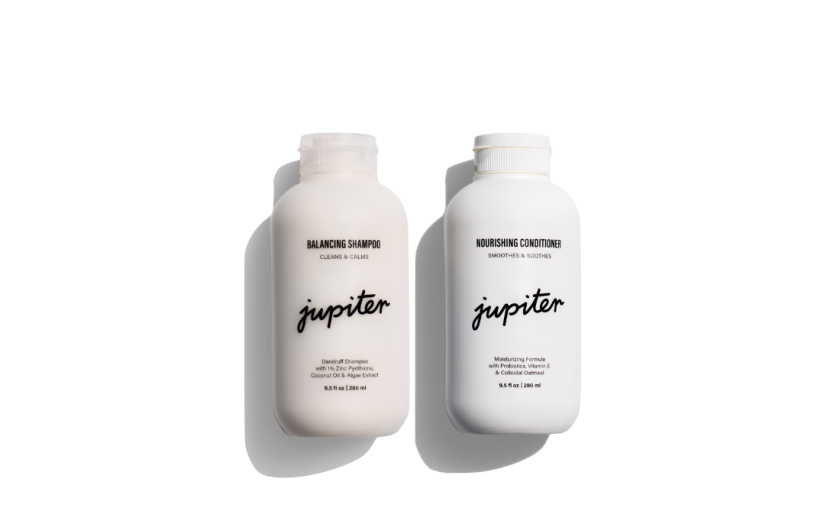
Our best-selling duo! The medicated Shampoo tends to your dandruff while the Conditioner’s combo of colloidal oatmeal and coconut oil moisturizes your scalp and hair. Safe for everyday use. Check out the Advanced Oil Control Trio if you flake on the regular and could use a bit more control.
Travelling? Check out our Weekender Capsules for on-the-go scalp care.
